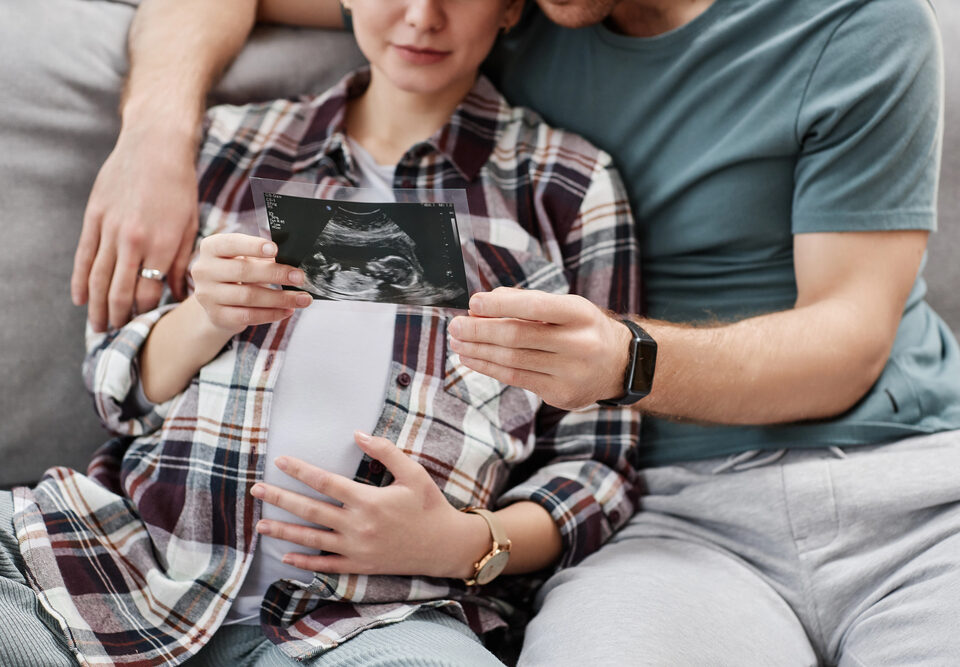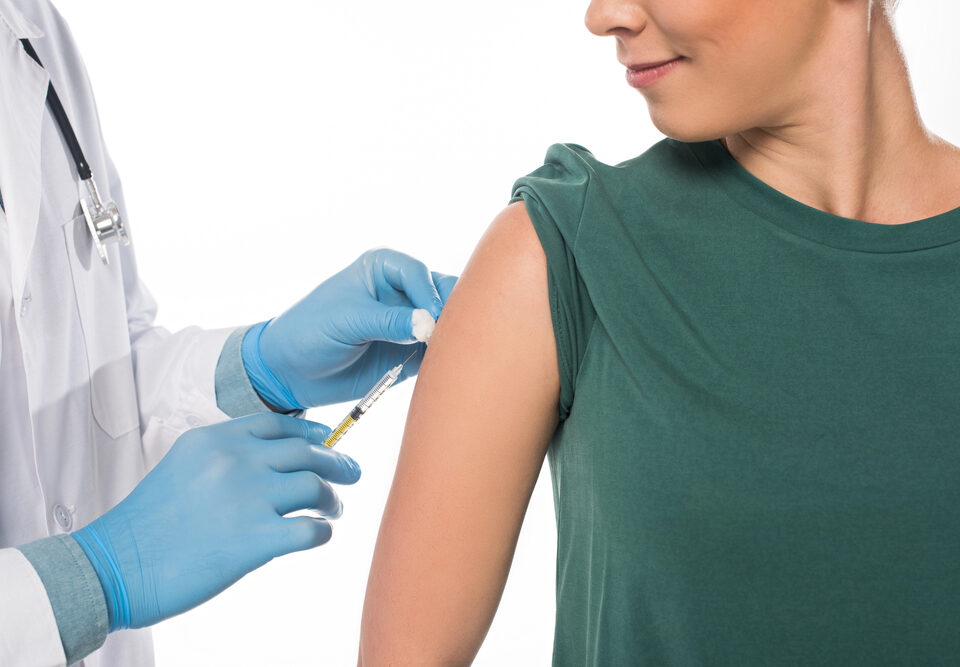New York’s New Surrogacy Law Requires Estate Planning
四月 23, 2021CDC Recommends Pregnant Women Get the COVID19 Vaccine
五月 15, 2021Deciding to seek fertility treatments, use assisted reproductive technologies or surrogacy arrangements to start or add to your family is a big decision – one usually made after first doing lots of research into options. For individuals and couples who decided to go this route starting in 2019 or at any time since then, the COVID-19 pandemic has compounded the emotions that come with the process – adding frustration and devastation in some cases.

Fertility declines as we age, especially for women, making it harder for them to conceive naturally. Women who are unsure whether they should begin pursuing IVF or other treatments should talk to their doctors and explore testing that can help them gauge their fertility. Medical tests can measure hormones, estimate egg reserves, and determine whether scarring or blockages of the uterus or fallopian tubes may hinder natural conception.
Unfortunately, the pandemic created a backlog of people on wait lists for fertility treatments, as fertility clinics closed for a time in 2020 due to the pandemic. And it’s not just women or couples struggling with infertility on those wait lists; gay men who want to become fathers often turn to gestational carriers and surrogacy arrangements.
The clinic closures were frustrating and frightening for many, who were concerned every day that passed without being able to access fertility treatments and services meant the likelihood of realizing their dreams of becoming parents were slipping away. Most clinics are now open again. However, if you’ve decided to pursue IVF or other treatments, it may help set expectations to understand that timelines may be delayed as clinics seek to catch up.
To learn about how The Surrogacy Law Center works with individuals and couples who want to use surrogacy or egg donation arrangements to add to their families, contact us today!



